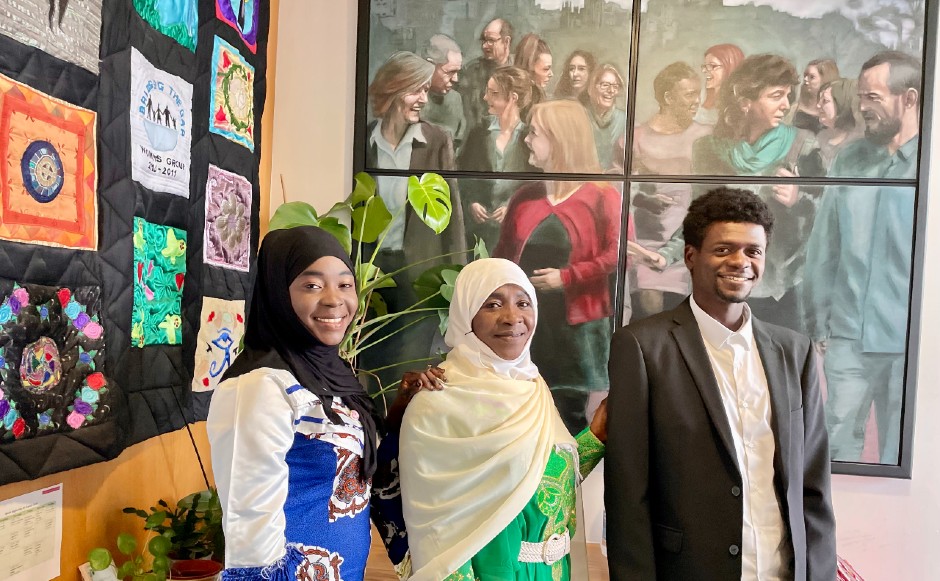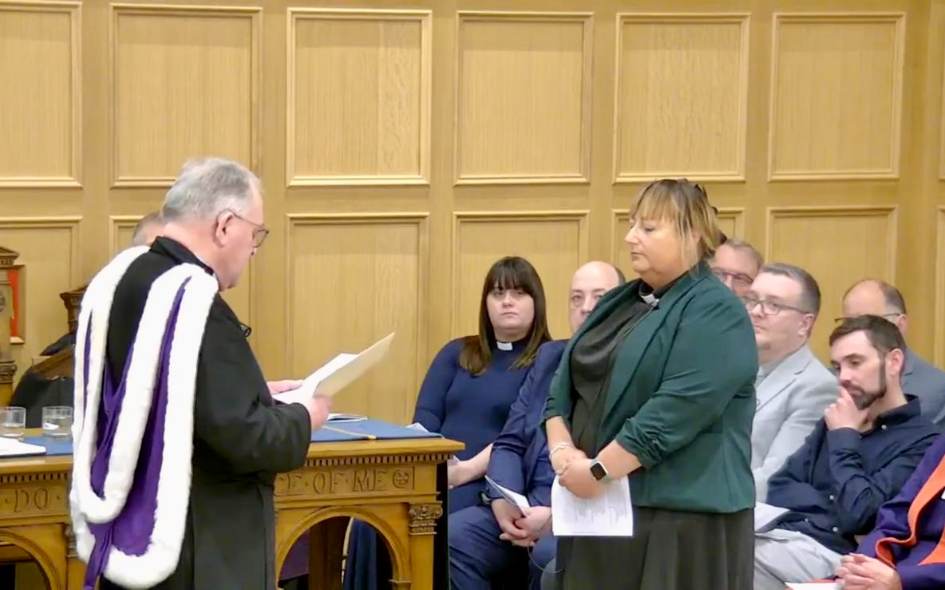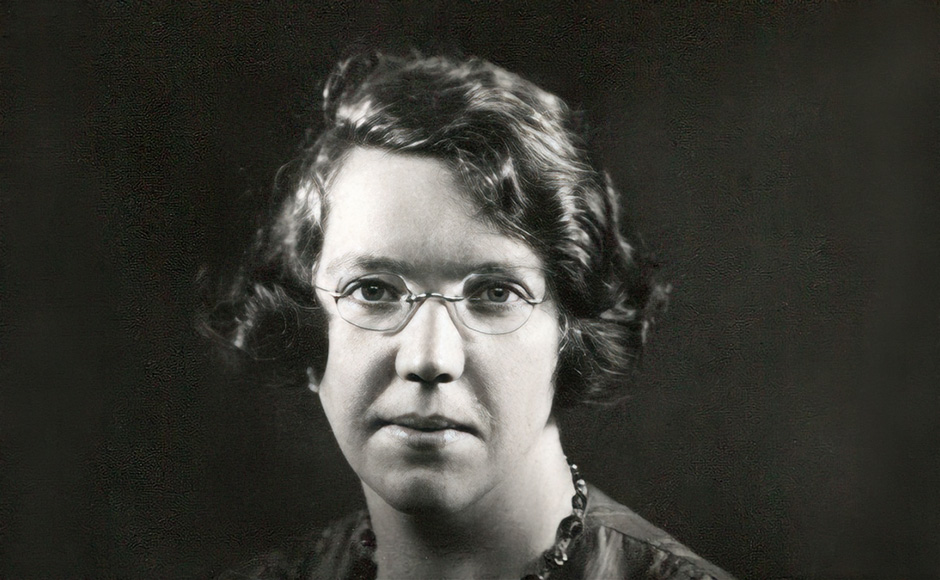UK Government urged to bring Glasgow refugee's family to Scotland after 10 years of separation
Published on 14 December 2023 5 minutes read
A distraught refugee has told of her agonising wait for a decision from the Home Office on whether she can bring her surviving family from war-torn Sudan to Scotland.
Kaltouma Haroun Ibrahim is a valued member of the community at Gorbals Parish Church in Glasgow and has already lost three children as a consequence of conflict.
The 43-year-old was granted leave to remain status in 2019, giving her the right to live and work in the UK and has applied to bring her husband and two surviving children to live with her in the city under the UK Government policy on family reunion.
Her lawyer submitted paperwork to the Home Office about 15 months ago but a decision has yet to be made.
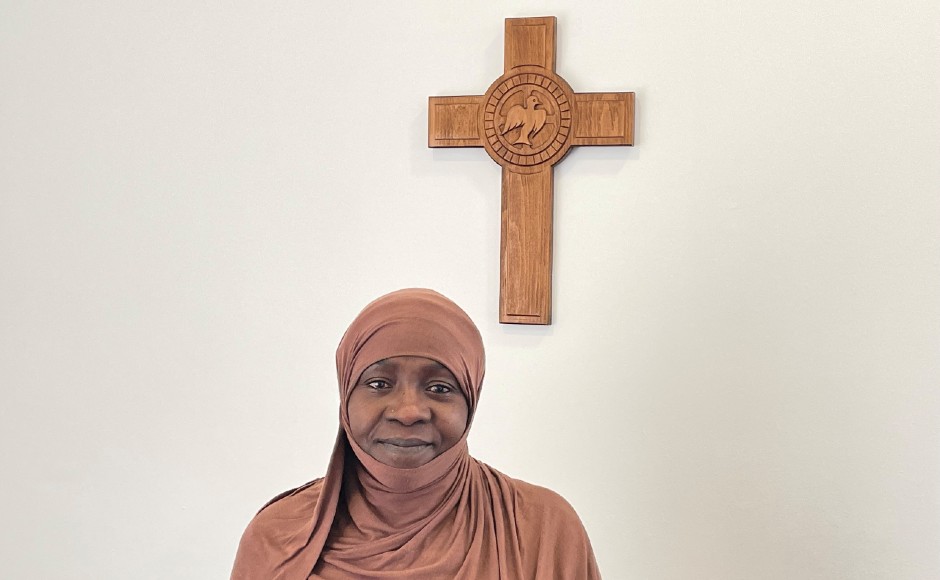
Mrs Ibrahim has not seen her husband Hassan or her children, Nassar,18, and Awadiya, 14, for nearly 10 years and she is increasingly worried about their safety because "people are dying every day" in Sudan, which is in north-east Africa.
Safety
In a direct call to Home Secretary James Cleverly, she said: "Please help me.
"Sudan is a very dangerous place and I am very afraid for my family.
"I have already lost three children and I need my other two and my husband here with me in Glasgow where it is safe."
Sudan became independent of the UK in 1956 and since then the country has been gripped by civil war for most of the intervening years.
The latest war broke out in April this year when the Sudanese army and the paramilitary Rapid Support Forces (RSF) started fighting around Khartoum, the capital city, and the Darfur region.
Thousands of people have died and millions have been displaced as they flee to what they hope is relative safety.
Despite its historical links to the UK, there is no safe and legal route for Sudanese people to seek safety here.
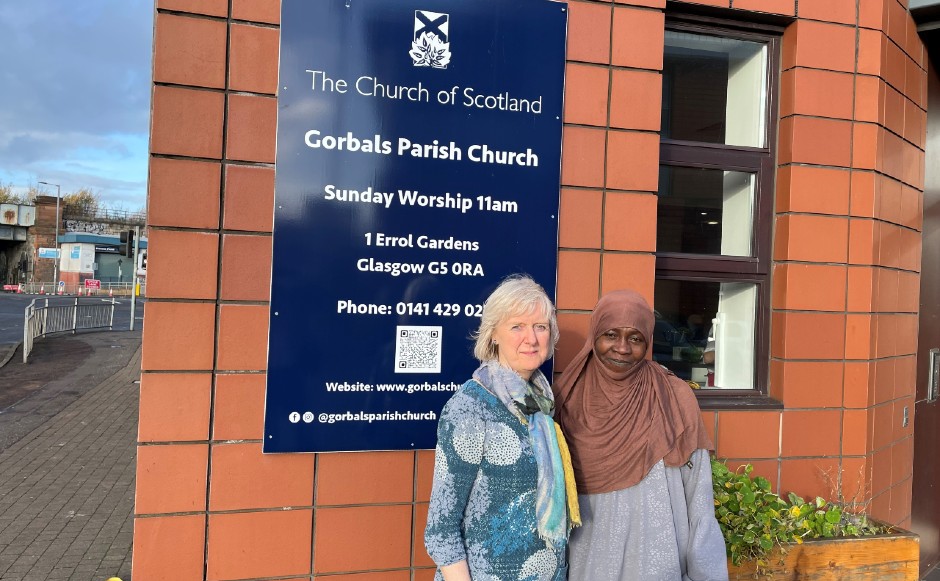
Mrs Ibrahim was born and raised in Chad – a former French colony - and met her Sudanese husband there but the couple were forced to flee the country after his life was repeatedly threatened.
They moved to neighbouring Sudan but civil war forced the family to escape for their lives in 2014 and they travelled to Libya, where they secured passage on a boat bound for Italy across the Mediterranean Sea.
Tragically it sank shortly after departure and two of the couple's children, Mohammed, 6, and Faisal, 4, drowned.
The survivors reached the shore and Mrs Ibrahim was separated from her husband and three surviving children after she was taken to hospital for treatment.
She searched for them after she was discharged but was unable to find them.
Eventually Mrs Ibrahim was forced to give up and returned to Chad and her husband and the children managed to make it back to Khartoum.
She thought she would be safe in Chad but the country is terrorised by Boko Harum, a violent Islamist militant group, and she was beaten and tortured by people looking for her husband.
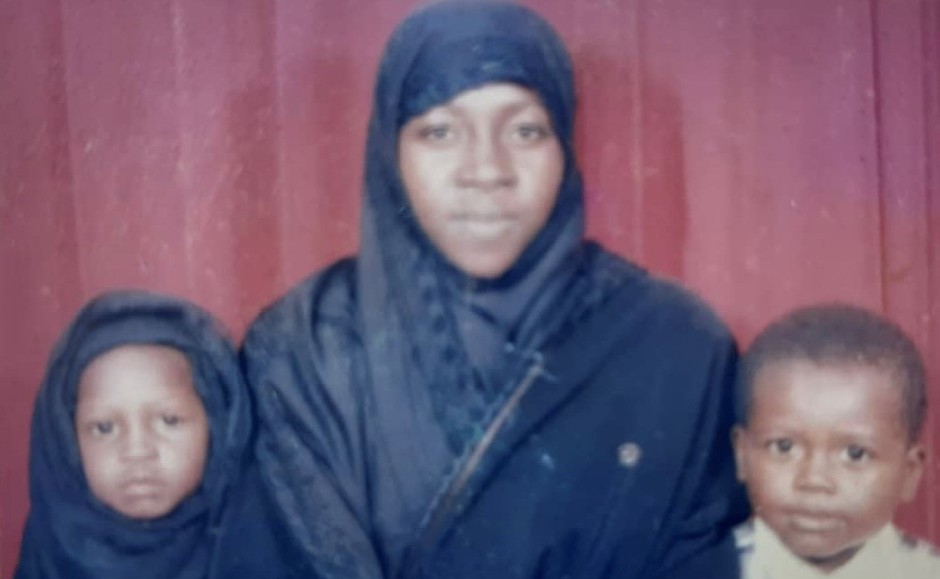
Friends paid for her to escape and she managed to get to France by lorry and flew to London in December, 2016 and claimed asylum.
The Chad national moved to Glasgow the following year and secured refugee status and a Residence Permit in 2019.
With the help of a humanitarian charity, Mrs Ibrahim managed to track down her husband and teenage children in Khartoum and is in sporadic contact with them, mainly via the messaging service Whatsapp when electricity and a signal is available.
Tragically, during the time since her family reunion application was lodged with the Home Office, her 13-year-old daughter, Safa, has been killed.
She died in a rocket attack near her home in Khartoum four months ago.
Looting and violence
Mrs Ibrahim said: "I am very worried about my family's safety, food is scarce and very expensive and sometimes there is no water.
"The electricity stops working frequently which makes it difficult to contact my family and the longest I have gone without hearing from them is 18 days which was hugely distressing.
"There is a lot of looting and violence, people come into your house and attack you.
"Every day there is fighting and people die."
Mrs Ibrahim plays an active volunteer role at Gorbals Parish Church, including the weekly Community Kitchen project and lives locally in social housing.
She is currently studying at Anniesland College to improve her English and works part-time with disabled children for Glasgow City Council.
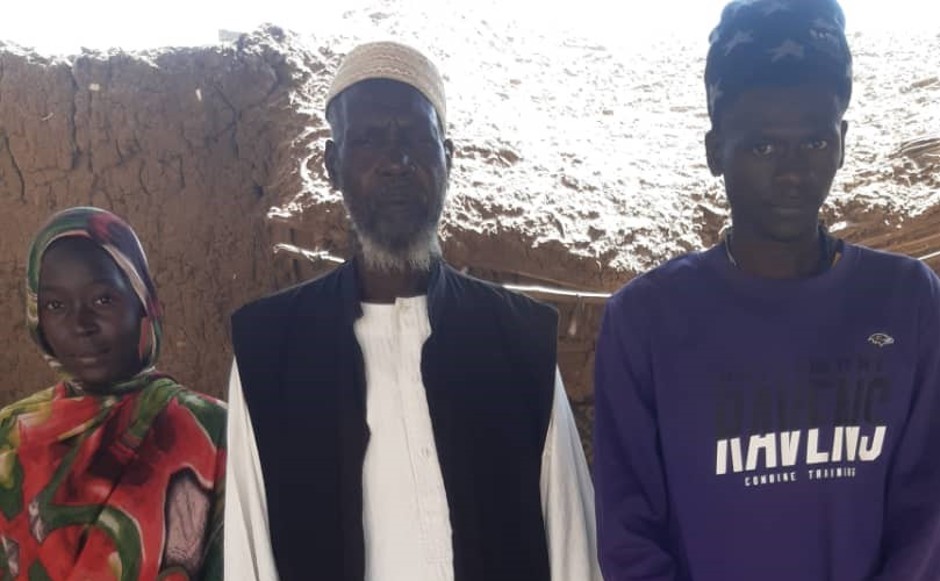
Catriona Milligan, Community Development Worker at Gorbals Parish Church, said Mrs Ibrahim is "part of our gang" and it would mean the world to her if she was reunited with her family.
"Kaltouma escaped persecution in Sudan and Chad and has been separated from her family for many years," she added.
"She has leave to remain in the UK, she has passed all the tests required to be a refugee and she is only asking for something that someone in her situation is entitled to – to be reunited with her immediate family in a place of safety.
"It is an utter disgrace that it has not happened already because her family are in danger on a daily basis, there is looting, violence and hunger.
"Three of her children are already dead, who can live like that?"
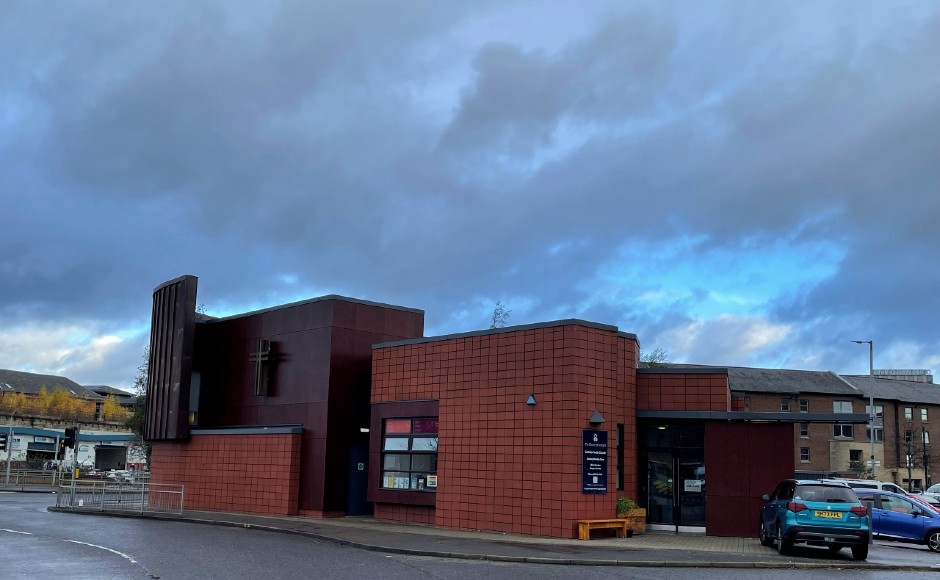
Mrs Milligan said she has known Mrs Ibrahim since 2019 and she started coming to Gorbals Parish Church because she wanted to be "in and about helping" the community where she lives.
"Despite all the stress and worry she has been carrying, she has not locked herself away and has made a huge effort to be part of society here," she added.
"The Church cares about Kaltouma because God loves everybody, we are all children of God, no matter where we come from, no matter their background.
"She is our friend and someone who we love and care for, she is part of us and we feel distressed about her situation.
"She is a Muslim and we are Christian but we both believe in a God of justice and mercy and this situation calls for compassion, decency and common sense to prevail."
God of justice
Mrs Milligan said Gorbals Parish Church has a long history of supporting refugees and set up an organisation called ‘Bridging the Gap' in 2002.
Following Russian's invasion of Ukraine in February 2022, around 25,000 Ukrainians have sought safety in Scotland and many of them live in Glasgow.
Mrs Milligan said: "I am very happy that Ukrainian people have been given assistance because what is happening in their country is appalling but there are lots of other people affected by conflict who are being forgotten."
The Church of Scotland is the community of the hopeful and love and hope go hand in hand.
It is called to free captives to slavery and captives to addiction, serve those that others neglect, comfort those who others won't touch and advocate for those who can't speak for themselves, to transform communities, correct social injustices and to spread the Good News of Jesus Christ.
